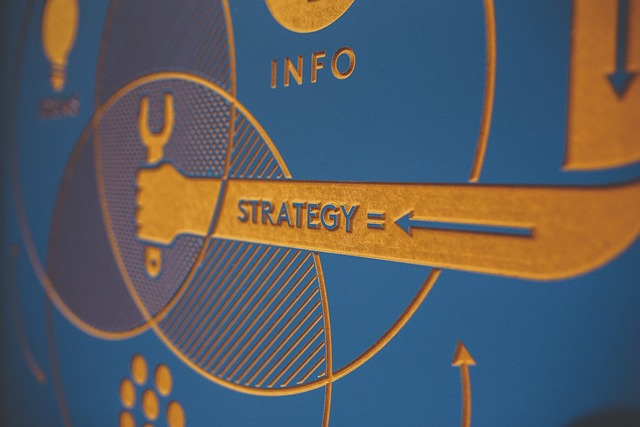In today’s fast-paced world, the event planning industry is rapidly evolving, and integrating AI into event planning is revolutionizing how events are managed. With tools for personalized event experiences, predictive analytics, attendee management systems, and AI-driven event marketing strategies, AI offers an innovative approach to enhance event engagement. Whether you’re planning a corporate event or a large-scale virtual conference, AI can streamline event operations, automate logistics, and create better experiences for all attendees.
AI-Powered Event Planning Tools
AI-powered event planning tools are transforming the way planners organize and execute events. These tools can assist in automating tedious tasks, such as scheduling, venue selection, and vendor management, making the planning process more efficient.
AI tools like event management software often include predictive analytics that suggest optimal event times based on attendee availability and historical data. For example, they can analyze trends to recommend the best time and date for maximum turnout. Furthermore, AI tools help in resource allocation by predicting the number of attendees and their preferences, ensuring that planners are prepared for everything.
Another significant advantage of AI-powered tools is their ability to provide real-time updates. If an unforeseen circumstance arises, such as a delayed keynote speaker or a technical glitch, AI systems can suggest immediate solutions, minimizing disruptions.
Personalized Event Experiences with AI
Creating personalized experiences for attendees is one of the most impactful applications of AI in event planning. By analyzing data such as registration details, past preferences, and behavior, AI can craft unique experiences tailored to individual participants.
For instance, recommendation engines powered by AI can suggest sessions, workshops, or activities that align with attendees’ interests. This not only enhances satisfaction but also fosters deeper engagement. Additionally, AI can customize event itineraries, ensuring that each participant gets the most out of the event.
AI also plays a critical role in personalization for hybrid and virtual events. From curating content libraries to matching attendees with similar interests for networking, AI ensures that every touchpoint feels tailored and relevant.
AI in Event Marketing Strategies
AI-driven event marketing strategies are helping planners reach their target audience more effectively. With tools like chatbots, machine learning algorithms, and data analytics, planners can refine their marketing campaigns to achieve better results.
For example, AI can analyze social media trends to identify what type of content resonates most with potential attendees. Planners can then create ads, posts, or email campaigns based on these insights, boosting registrations. AI chatbots, integrated into event websites or apps, can engage visitors in real time, answering queries and providing recommendations that lead to higher conversions.
Predictive analytics is another game-changer in event marketing. By analyzing past campaign performances, AI can predict which strategies will yield the highest ROI, helping planners allocate budgets more effectively.
Enhancing Event Engagement with AI
Engaging attendees throughout an event is crucial, and AI offers innovative ways to achieve this. Interactive features powered by AI, such as live polls, quizzes, and Q&A sessions, keep participants actively involved.
AI-driven platforms can also facilitate seamless networking by recommending connections based on shared interests or goals. This is particularly useful for corporate events where networking is a key objective. AI matchmaking algorithms ensure that attendees meet the right people, making their event experience more valuable.
Additionally, AI-powered systems can analyze attendee feedback in real time, providing actionable insights to improve ongoing sessions or activities. This dynamic responsiveness ensures that the event remains engaging from start to finish.
Streamlining Event Operations with AI
AI is indispensable for streamlining event operations, from logistics to on-site management. Automated systems powered by AI can handle ticketing, check-ins, and attendee tracking efficiently, saving time and reducing manual errors.
For example, facial recognition technology powered by AI can speed up the check-in process, while RFID tags can monitor attendee movements, ensuring safety and gathering insights for future events. AI also optimizes resource allocation by predicting demand for food, seating, or other supplies, minimizing waste and maximizing attendee satisfaction.
In large-scale events, AI-powered systems can manage complex logistics, ensuring smooth coordination between teams, vendors, and participants. This efficiency not only saves costs but also ensures that every aspect of the event runs smoothly.
Conclusion
AI is revolutionizing event planning by making the process more efficient, engaging, and personalized. From predictive analytics for event scheduling to crafting unique attendee experiences and streamlining operations, AI offers endless possibilities to enhance events of all scales. Whether you’re planning a corporate seminar, a virtual event, or a large-scale conference, leveraging AI tools can help you create unforgettable experiences. The future of event planning lies in embracing these technologies, ensuring that every event is both innovative and impactful.






